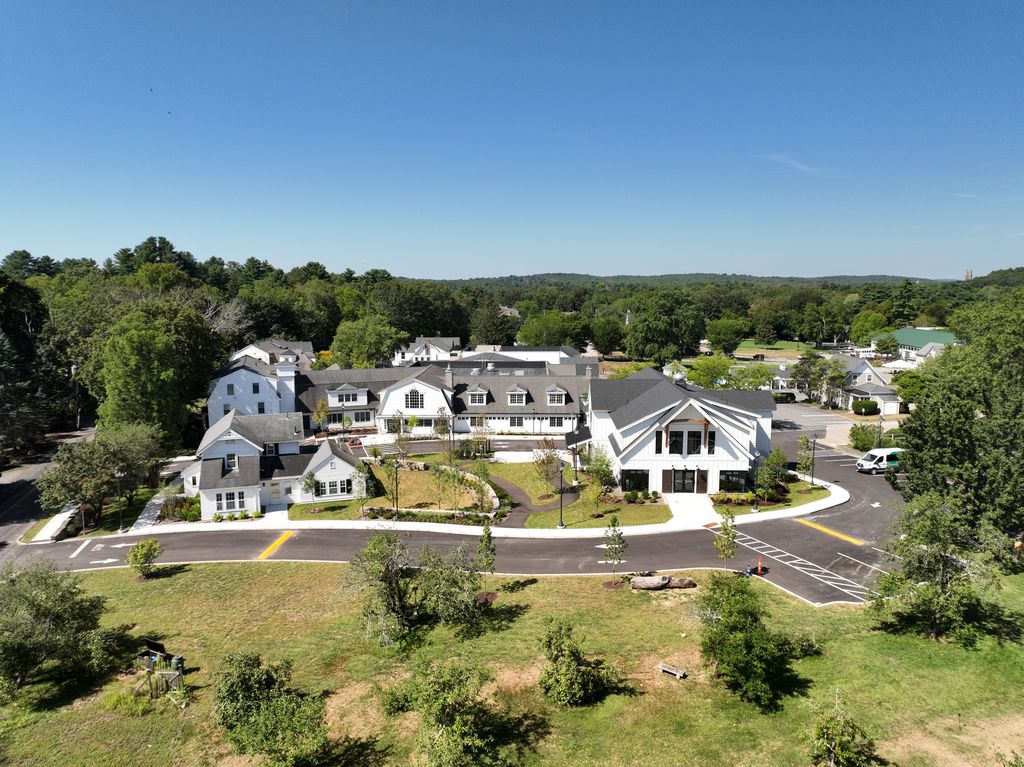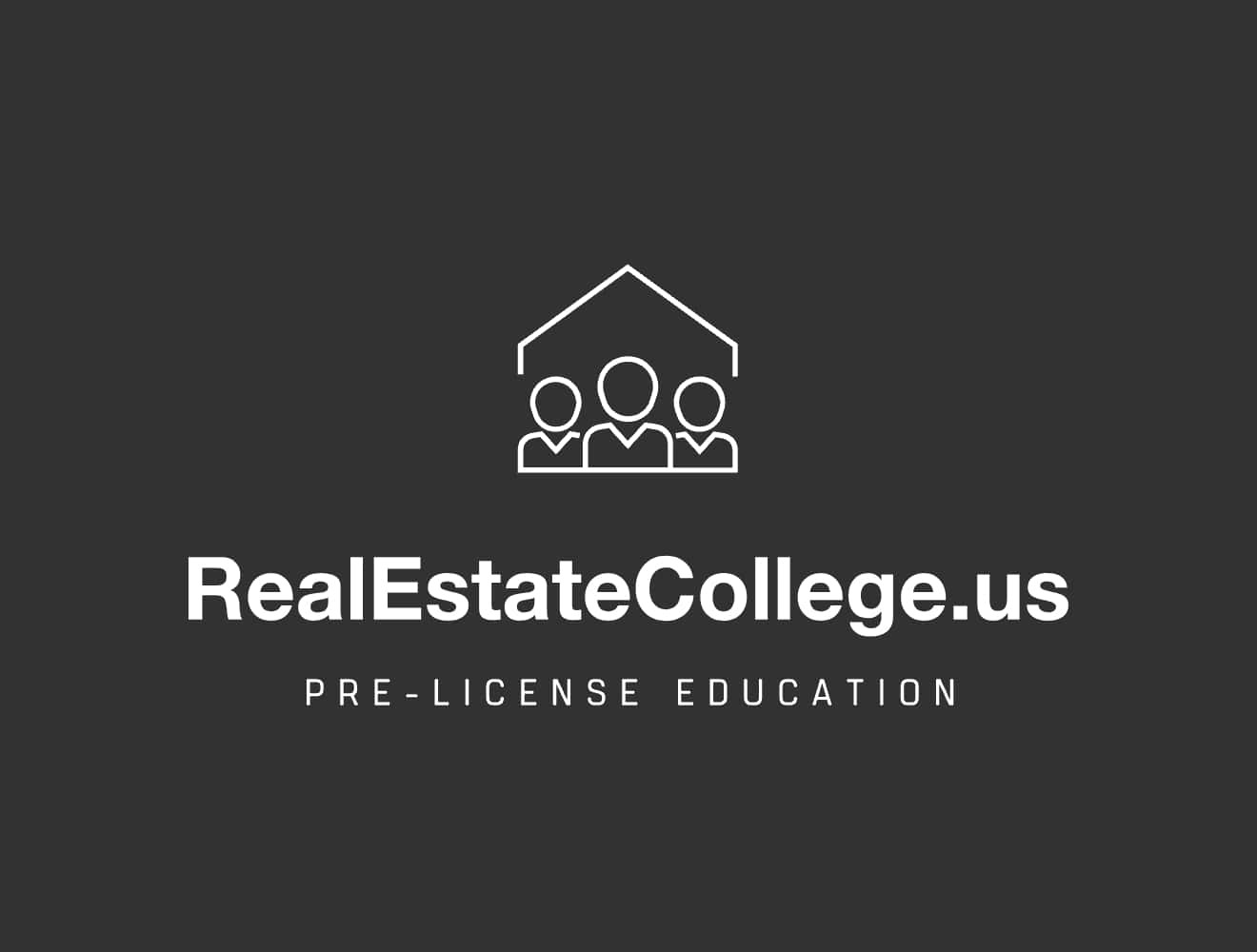‘Real estate speculation’ surcharge proposed to benefit public education

A measure that would have Hawaii voters decide on whether residential investment property valued at $3 million or more should be subject to a surcharge in order to increase funding for local public education passed out of the state House Education Committee on Tuesday.
Thirteen bills approved by the House committee with various amendments and referrals also include proposals to create a registry listing school workers found to have harmed students, provide more support for public-school employees harassed by parents or community members, and potentially give millions of dollars in emergency appropriations for public-school meals and the charter schools.
House Bill 1537 proposes amendments to the Hawaii Constitution meant to increase funding for Hawaii’s statewide public-school system of 258 schools and 37 charter schools, and the 10-campus public University of Hawaii system, by authorizing the state Legislature to establish a surcharge on residential investment property valued at $3 million or greater.
A similar measure was passed by the Legislature in 2018 but later invalidated by the Hawaii Supreme Court. At that time the question printed on ballots was, “Shall the legislature be authorized to establish, as provided by law, a surcharge on investment real property to be used to support public education?” Ruling in favor of Hawaii’s four counties, the court unanimously found that the wording of the question wasn’t sufficiently clear.
The new proposal, introduced by nine state representatives, would add to the ballot, “Shall the legislature increase funding for public education for all of Hawaii’s children and adults by establishing, as provided by law, a surcharge on residential investment property valued at $3,000,000 or greater, excluding a homeowner’s primary residence?”
The affected properties would be those “that are dedicated for residential use and that do not serve as the owner’s primary residence; provided that the surcharge shall not apply to any affordable housing development that is subject to a regulatory agreement with the state or a county,” the bill said.
“Enabling funding from real estate speculation to support public education infrastructure within the state is rational,” the bill added.
Osa Tui Jr., president of the Hawaii State Teachers Association, said in his testimony supporting the measure that “increasingly Hawaii is becoming the playground for the mega wealthy. It’s unconscionable that as they harvest the benefits and splendors of these lands and what they offer, they don’t also give back to our schools, which are falling apart and not providing our keiki with the schools that they deserve.”
link





